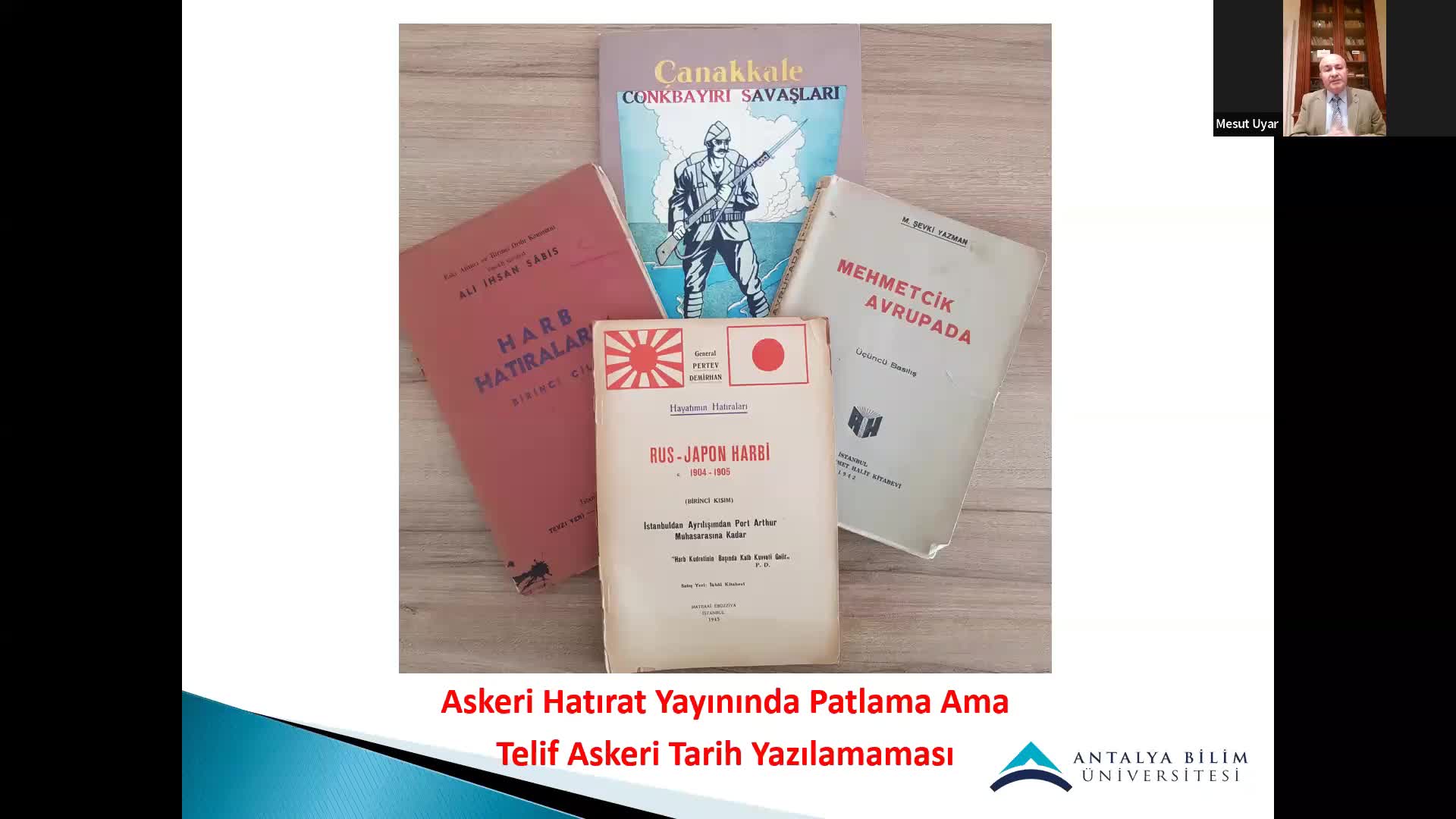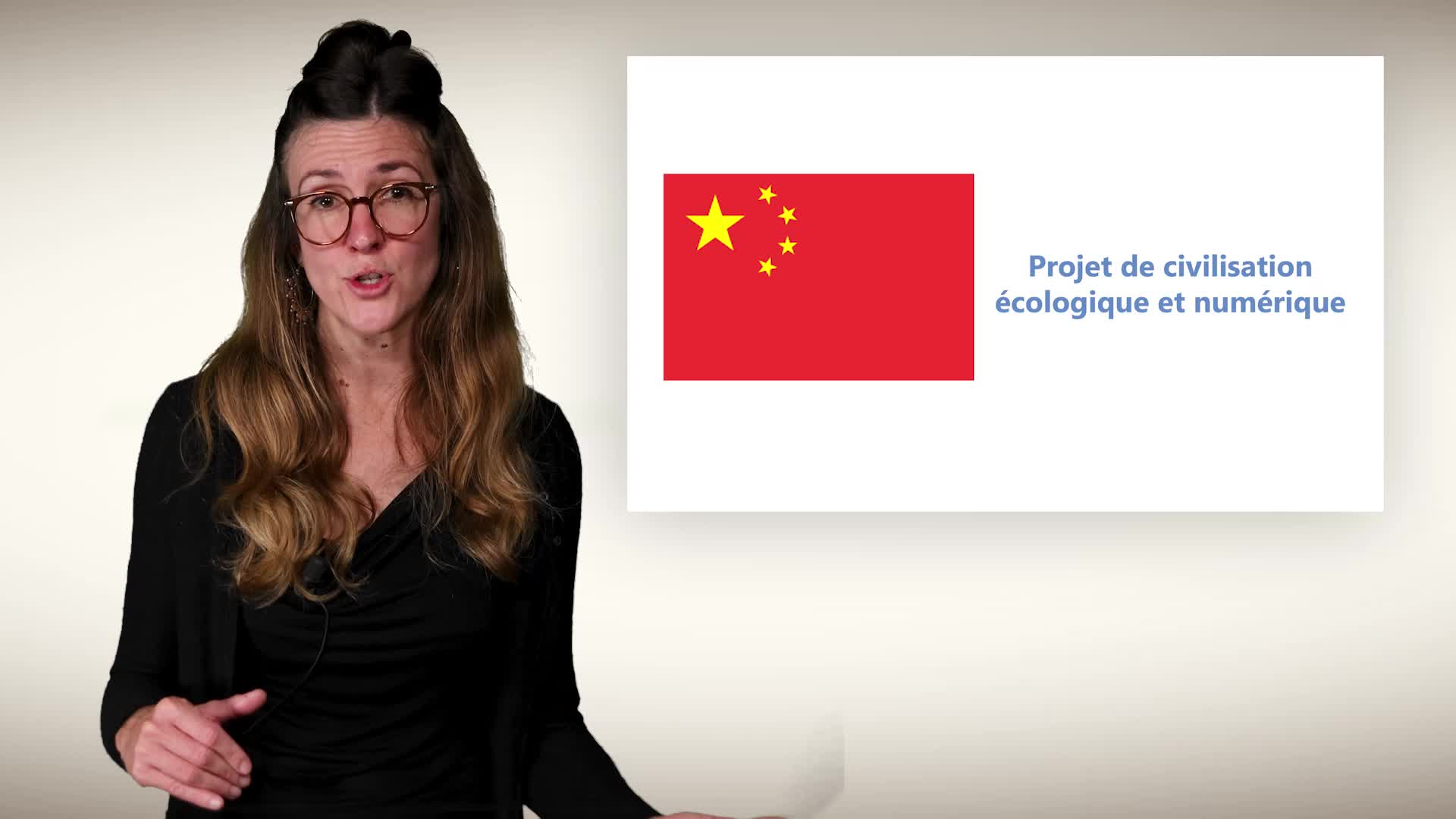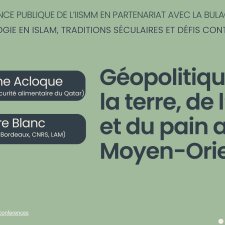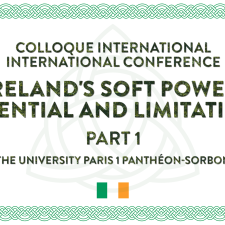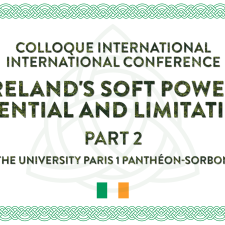Notice
Neither Friends nor Foes: Turkey and the US relations
- document 1 document 2 document 3
- niveau 1 niveau 2 niveau 3
Descriptif
Turkey-US relations has been on a roller-coaster since the end of the Cold War. Despite the rhetoric of strategic partnership or model partnership, the two sides have failed to develop a strategic framework to add a new lease on life to their alliance. In the absence of a shared strategic vision, transactionalism became a frequently preferred method in dealing with each other on issues of mutual interest. The unravelling of the Liberal International Order eroded, on the other hand, the norms and values that were supposed to complement this interest-based alliance. While President Trump’s term in office hasted the erosion of these norms and values, his way of conducting the US foreign policy facilitated de-institutionalization and eventual personalization of the US’ relations with Turkey in the last four years. His un-conventional style provided Ankara with greater degree of autonomy in pursuing a foreign policy agenda that defied substantially Washington’s regional and global priorities. His succession by Joe Biden may mark a return to pre-Trump era foreign policy choices, practices around values, norms and institutions. Ankara has already signalled its readiness to moderate its policy choices and practices, the prospects for salvaging the US-Turkey alliance in the near future are slim for three reasons. First and foremost, the alliance with the US represented the ultimate choice in the early Cold War era for the late Ottoman/early republican elite in their pursuit of Westernization for survival. The very idea of Westernization does not sit as well with new Turkish political elite. Their approach to the “West” is pragmatic and transactionalist rather than institutionalist. Second, Washington and Ankara have pursued competing and conflicting interests in the immediate vicinity of Turkey, namely the Black Sea and the Middle East. While their interests in the former might be more amenable to reconciliation due to Russian revisionism, their differences in the Middle East are more fundamental and involve the JDP’s bid for regional primacy. Finally, the institutional aspect of their relationship collapsed after the US invasion of Iraq in 2003. The Turkish Parliament’s refusal to allow the US troops to be deployed in and through Turkey broke (probably irreparably) the special relationship between the Pentagon and the Turkish General Staff. This special link has yet to be replaced to put the alliance back on its feet.
Avec les mêmes intervenants et intervenantes
-
Askeri Tarih ve Türkiye'de Askeri Tarihçilik
GüvençSerhatUyarMesutAskeri Tarih ve Türkiye'de Askeri Tarihçilik Mesut Uyar (Antalya Bilim Üniversitesi) Konuşmacı: Serhat Güvenç (Kadir Has Üniversitesi)
Sur le même thème
-
La sobriété numérique : un atout géopolitique ?
ReneElodieElodie René, chercheuse à Ananké, analyse dans cette vidéo la question de la sobriété numérique sous l’angle géopolitique
-
La Turquie, au cœur d'une nouvelle géopolitique entre Europe, Asie, Moyen-Orient et Afrique
PérouseJean-FrançoisThuillierGuyAprès avoir rappelé les éléments clés de la géopolitique de la Turquie, Jean-François Pérouse examine les tentatives de redéfinition de son positionnement politique, ainsi que ses relations avec l
-
Géopolitique de la terre, de l'eau et du pain au Moyen-Orient
AcloqueDelphineBlancPierrePétriatPhilippe« La Terre est verte et belle et Dieu vous a désignés comme les administrateurs de cette Terre. La Terre entière a été créée comme un lieu de culte pur et propre. Celui qui plante un arbre et s’en
-
La redécouverte du milieu urbain dans la culture militaire occidentale depuis les années 2000
BoulangerPhilippePhilippe Boulanger aborde la ville sous l'angle des enjeux militaires : un espace longtemps incertain dans la pensée militaire occidentale, un espace difficile à maîtriser, les nouveaux défis dans la
-
COMMENT SORTIR DE LA GUERRE AU YEMEN ? par Laurent BONNEFOY
BonnefoyLaurentCOMMENT SORTIR DE LA GUERRE AU YEMEN ? par Laurent BONNEFOY
-
Colloque La Puissance douce de l'Irlande (1/2)
GroutelAnneO'Keeffe-VigneronGráinneMourlonFabriceIl s'agit de la première partie du Colloque "La puissance douce : potentiels et limites" de l'Irlande qui a eu lieu le 10 juin 2022 au matin à l'université Paris 1 Panthéon-Sorbonne.
-
Colloque La Puissance douce de l'Irlande (2/2)
GroutelAnneO'Keeffe-VigneronGráinneMourlonFabriceIl s'agit de la deuxième partie du Colloque "La puissance douce de l'Irlande : potentiel et limites" qui a eu lieu le 10 juin 2022 à l'université Paris 1 Panthéon - Sorbonne.
-
L'AVENIR DE LA SOLIDARITE INTERNATIONALE par Bertrand BADIE
BadieBertrandL'AVENIR DE LA SOLIDARITE INTERNATIONALE par Bertrand BADIE
-
Les intellectuels face au pouvoir : la Russie et l'Ukraine
La conférence porte sur l'analyse des identités et des revendications des différents partis en présence à Kiev et en Ukraine ainsi que sur le rapport entre le pouvoir et les intellectuels en Russie.
-
Les statues équestres de la Renaissance en Italie : une question de pouvoir
Aux trois statues équestres monumentales de bronze que l’on trouve en Italie au XVe siècle, on peut ajouter le projet ambitieux de Léonard de Vinci qui a donné lieu à un cahier manuscrit consacré aux
-
Les diplomates et consuls français face au 18 juillet 1936 : ordre, contre-révolution et légitimati…
L’historien Eduardo González Calleja a mis récemment en évidence la stratégie d’ «encadrement culturel» déployée par les forces contrerévolutionnaires espagnoles au lendemain de la victoire du Frente
-
Le Parti populaire français et l’Espagne nationaliste ou les incertitudes d’une politique d’influen…
Cette communication étudie le rapport que le Parti populaire français entretient avec l’Espagne nationale de 1936 à 1939 au croisement des politiques d’influence de l’Espagne franquiste et de la


